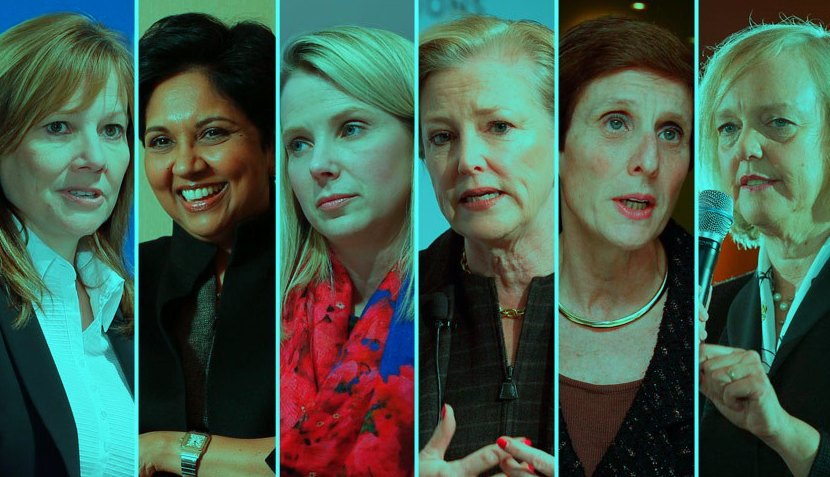The sharing economy highlights many exciting new ways of doing business. This has bred micro-entrepreneurs who are able to raise money from the assets they already have and own. The sharing economy has led to many interesting new ideas. For example, there is no need to own a car – rather individuals can share through a car club. This has led to the creation of some fascinating new business models and also opens up choice for the consumer. All of this is the topic of a recent report called “Unlocking the sharing economy,” by Debbie Wosskow (2014). The report was commissioned by MP Matthew Hancock, the Business Minister, to develop recommendations for how the UK could lead the way in this new and rapidly developing sector.
Most relevant findings of “Unlocking the sharing economy”
Wosskow highlights that any disruption brings risk. It is explained that there is a need to protect consumers, and also that operators need to be treated equitably, especially so as far as regulation is concerned. Trust also needs to be increased in online transactions as well. Indeed, Wosskow argues that there is much to be done if the UK is to truly become a leader in the sharing economy. For starters, Wosskow suggests that the government needs to look at itself and make sure that it uses sharing effectively to use government resources more effectively. Regulations may also have to be changed to make sure that they fit with the new ways of working. Start-ups have to be supported argues Wosskow, by driving innovation and sharing what works. In addition, the sharing economy needs one consistent voice so that benchmarks and standards can be set. This will help people to be able to understand what they should expect when they contract these types of services.
Recommendations
The report by Wosskow came to conclusions that allowed it to make recommendations both generally and by sector. Generally speaking, Wosskow encourages innovation through an innovation lab and supported by Nesta and Innovate UK. This would undertake activities such as researching how sharing models can improve service delivery in the UK and see how cities and local areas can adopt sharing approaches. To increase trust in online transactions, the government needs to open up the Gov.uk Verify that it has in place for private sector services. Additionally she recommends digitising criminal records checks. Another set of recommendations is found in the area of government procurement, where it is suggested that the government should include sharing economy platforms to use car pooling and other options rather than just sticking with traditional services. Insurance in the sharing economy is another area that must be addressed, argues Wosskow.
As well as the recommendations mentioned above, Wosskow outlines how the government has to help the digitally excluded get online so that they are able to benefit from the sharing economy. Tax concerns also need to be taken care of so that sharing economy users have to understand how much tax they must pay. It must become easier to book government assets according to Wosskow so that these may also be shared. Importantly, the sharing economy needs a trade body to be able to flourish. A kitemark for sharing platforms should be developed with minimum standards so that consumers know what to expect.
All of these recommendations would contribute to a sharing economy that would have the opportunity to boom. However, Wosskow also argues strongly for specific sector recommendations as well. For example, looking at services like AirBnb it is argued that people that rent rooms through services like this should not be subjected to regulation that applies to businesses renting out 100 or more rooms a night. However, minimum standards do need to be set. Other recommendations in this area include lifting the ban on subletting so that tenants can rent their spare rooms more easily. Additionally, the government needs to undertake other changes like clarifying the employment status of people who use online platforms to find work, argues Wosskow. Drivers should be allowed to profit from offering ride shares, and car club parking bays should be offered to facilitate one way trips more effectively.
All of these changes would really shake up the sharing economy in a good way. It would enable it to be able to achieve everything it possibly can. It can only be hoped that the recommendations are implemented quickly so that the sharing economy can grow and thrive.
Image source: Map created by Love Home Swap, of the most exciting Sharing Economy companies around the world – from carpooling in Cairo to skill-sharing in Sydney – and the business leaders behind them.

Paula Newton is a business writer, editor and management consultant with extensive experience writing and consulting for both start-ups and long established companies. She has ten years management and leadership experience gained at BSkyB in London and Viva Travel Guides in Quito, Ecuador, giving her a depth of insight into innovation in international business. With an MBA from the University of Hull and many years of experience running her own business consultancy, Paula’s background allows her to connect with a diverse range of clients, including cutting edge technology and web-based start-ups but also multinationals in need of assistance. Paula has played a defining role in shaping organizational strategy for a wide range of different organizations, including for-profit, NGOs and charities. Paula has also served on the Board of Directors for the South American Explorers Club in Quito, Ecuador.




























